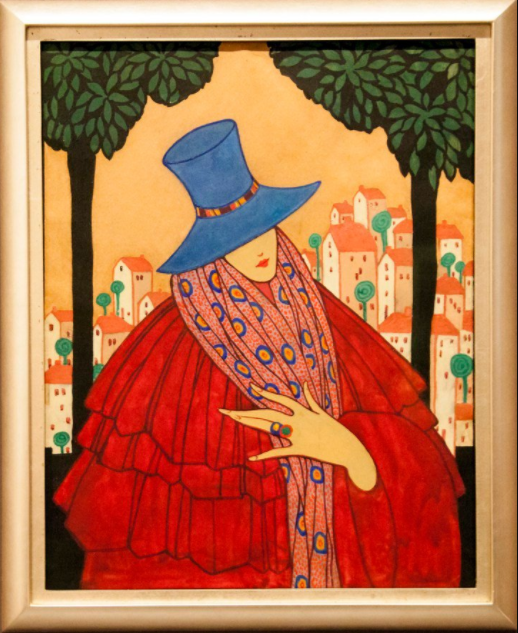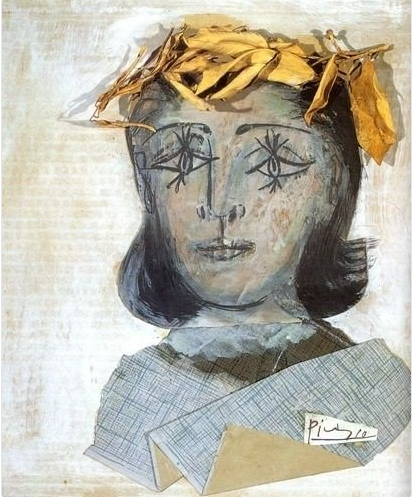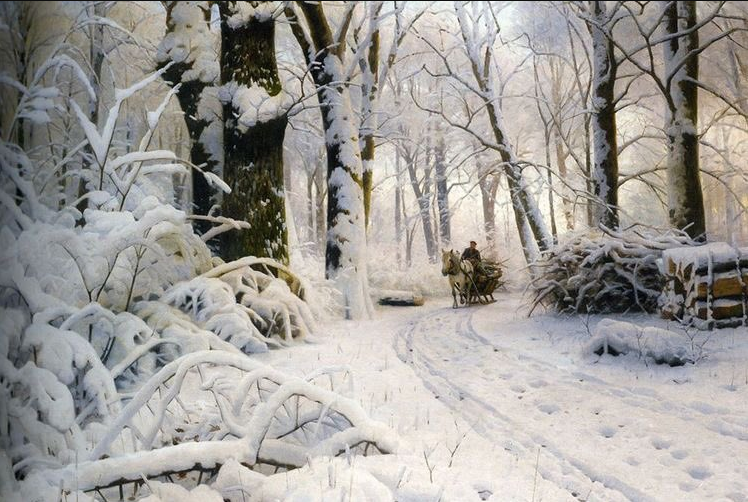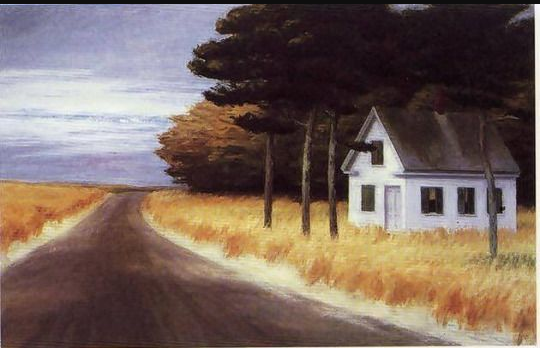I loved the way this piece by Elizabeth Weil is annotated by her teenage daughter, it reminds of the back and forth of being the parent of a kid who knows the answers!: Raising a Teenage Daughter*
How One Woman’s Digital Life Was Weaponized Against Her by Brooke Jarvis is another cautionary tale about the modern world.
Following on from those two articles is this piece from Maria Popova on May Sarton which includes a reading of her poem Canticle 6 on The Art of Being Alone, the value and quality of the time we spend alone has never been more important.









